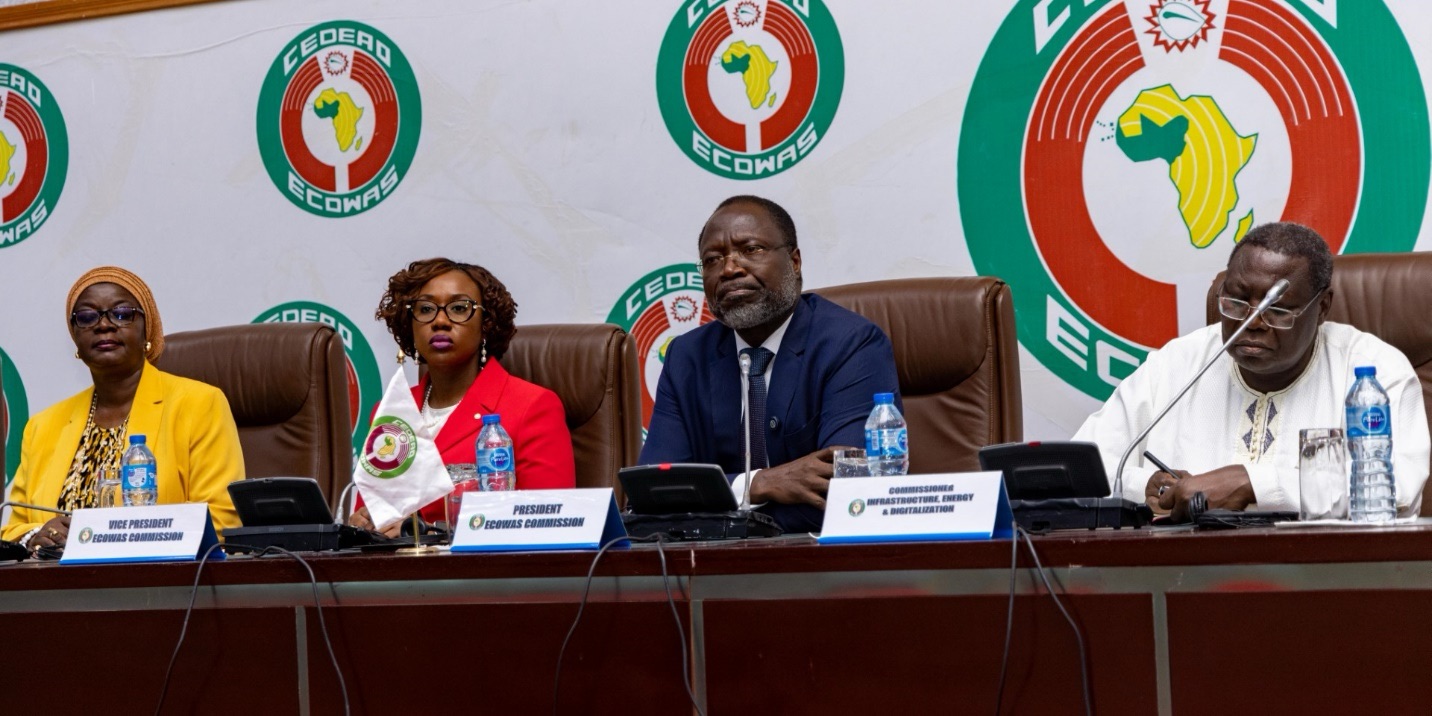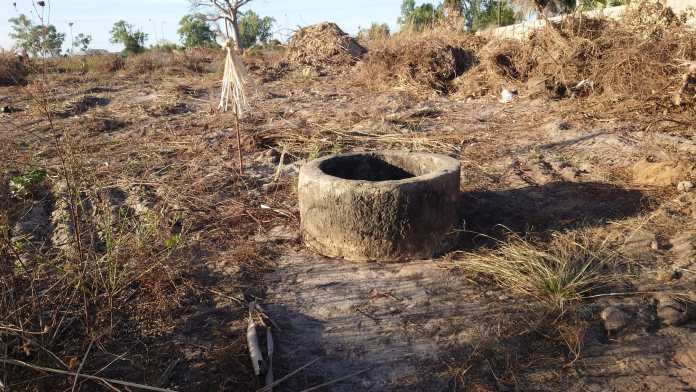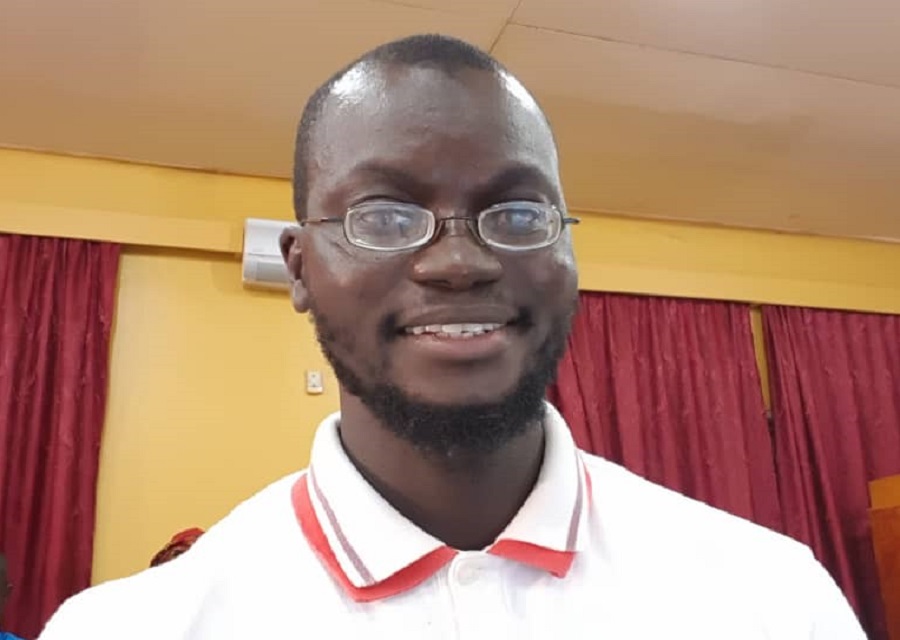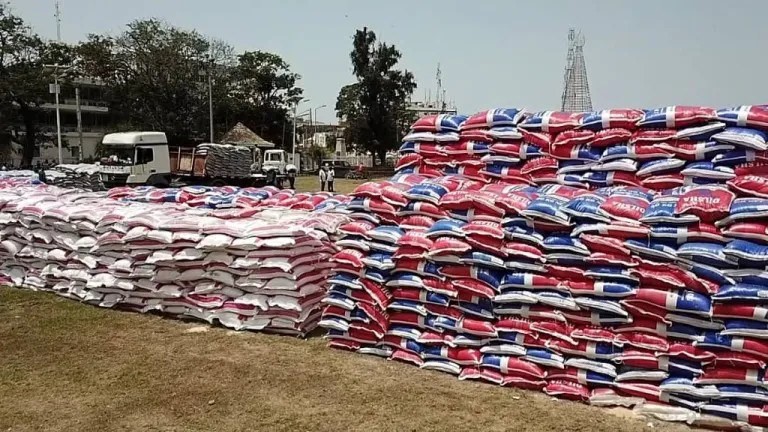By: Lamin B. Darboe
In an address to mark the launching of a new media engagement for the ECOWAS Commission on Wednesday, February 28, 2024, the Commission President, launched the initiative where the media will be briefed weekly on various activities of the Community to address the gap in the dissemination of information on the numerous achievements of the region in the diverse areas it has invested its energy and resources, sometimes working with partners.
During the media launching ECOWAS President, H.E. Dr Omar Alieu Touray also disclosed that the commission has stabilization forces in The Gambia and Guinea Bissau while another mission is at the preparatory stage for Sierra Leone.
“We will continue to maintain peace support missions in Member States where they are required. These preventive deployments of regional stabilization forces are vital for the security and welfare of citizens and the community market. In the same vein, ECOWAS is also spending considerable resources on fighting terrorism in the region while a major intervention is ongoing on maritime security,” he disclosed.
Also, he said progress has been made in addressing the needs of the vulnerable populations through the establishment of a regional stabilization fund to address fragility in the Member States under which livelihood support projects are implemented under the fund, with some completed projects already inaugurated in The Gambia and Guinea Bissau.
He disclosed that the Commission has provided support to Member States to respond to food crises since 2016 when ECOWAS established a Regional Food Security Reserve that Member States in difficult food and nutrition situations can draw on.
“It is fully operational with 17 interventions between 2016 and 2023 in 6 Member States of the sub-region: Burkina Faso, Cabo Verde, Ghana, Mali, Niger, and Nigeria. Its current intervention capacity is close to 60,000 tonnes of grains (maize, millet, sorghum, and rice) pre-stocked to facilitate access to the various Member States.
Unfortunately, the President noted, “These laudable strides in the region’s relentless march towards an economic union have been overshadowed by contemporary political developments. “
ECOWAS is taking steps to address the impediments to the unhindered intra-community movement of persons, goods, and services to improve the implementation of its flagship protocol and facilitate the realization of the economic union of the 15-member community, the President of the Commission, H.E. Dr. Omar Alieu Touray has said.
This he said, includes the introduction of two travel documents- the ECOWAS passport and a biometric identity card for intra-community travel for those without their national passports which has been deployed in six Member States. This is in addition to the phased construction of joint border posts to facilitate the processing of people at border posts with the support of the European Union.
In the speech which focused on 11 core areas of the community’s intervention, Dr Touray said these interventions were inspired by the provision of Article 3 of the Community’s Revised Treaty under which the Member States committed to among other things, maintain and enhance economic stability, foster relations among the Member States and through these, contribute to the progress and development of the African continent.
In order to create a single market in the region, the President explained that the ECOWAS Trade Liberalisation Scheme introduced in 1979 has made the trade in unprocessed goods and traditional handicrafts free of any restrictions, tariffs, quotas, and any encumbrances. This, he added, has been complemented by a Common External Tariff (CET) to promote smoother trade flows.
The President characterized the promotion of regional peace and security as a major part of the success story of ECOWAS starting with the ECOMOG Peacekeeping interventions in Liberia and Sierra Leone, after which the region transformed its peace and security architecture, enabling it to become an exemplar in the Continent. He said that the concomitant legal texts have enabled ECOWAS to have the authority to impose sanctions on Member States that violate its laws.
He thanked the media for its support and said the management was available to respond promptly to media inquiries while the weekly media briefing will be addressed by the management of the ECOWAS Commission and its institutions.





